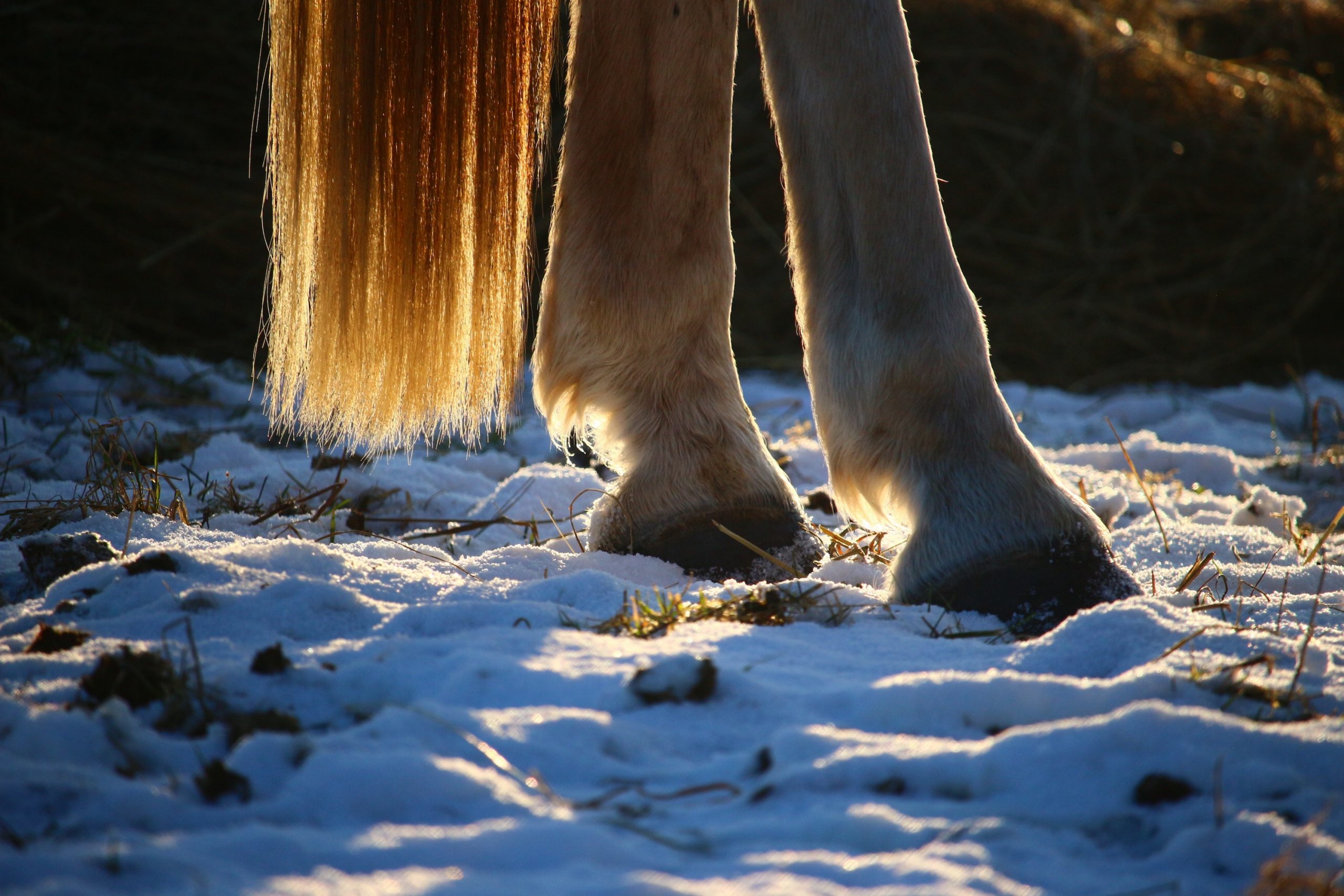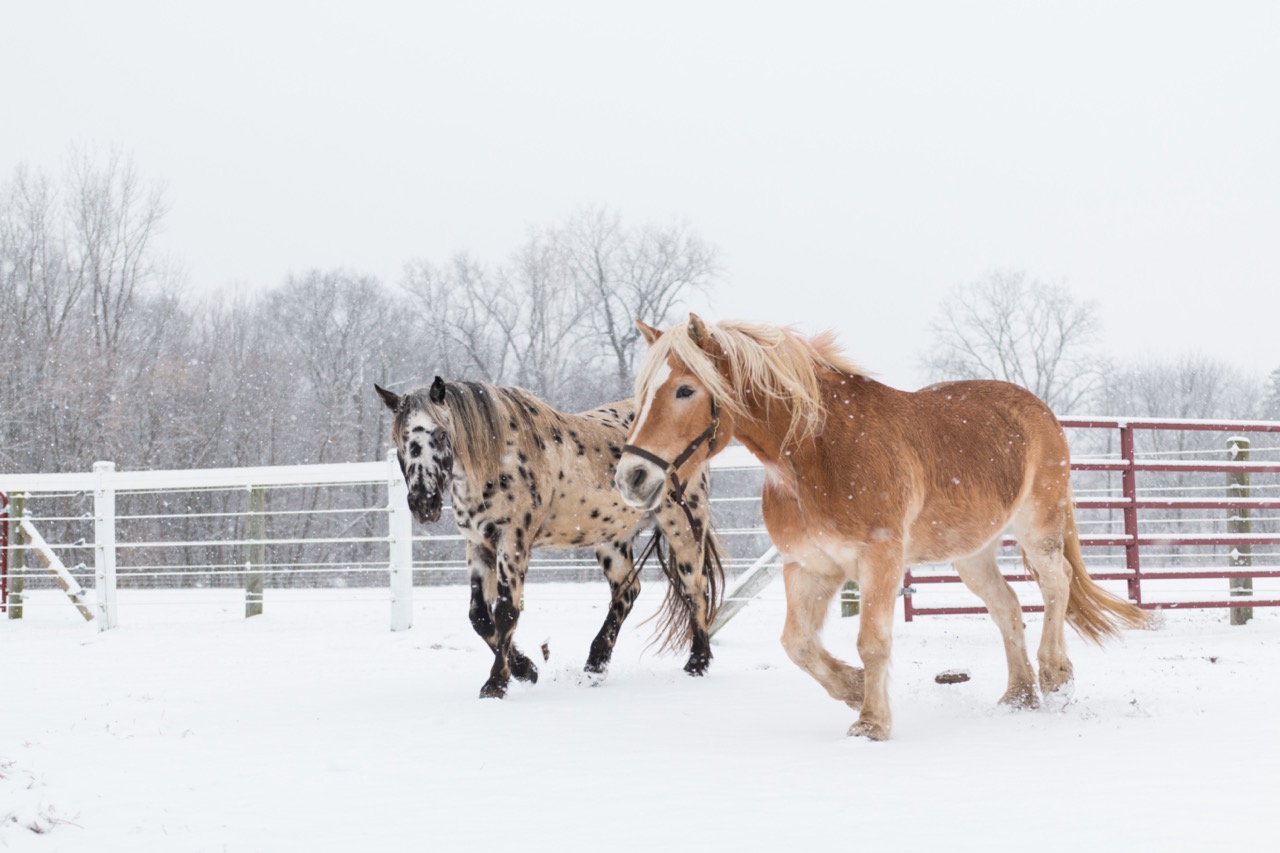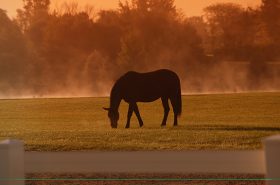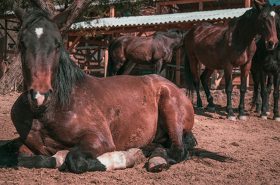Cold weather isn’t here quite yet—at least not where I live—but we all know it’s coming soon whether we want it to or not!
If you haven’t already done so, you might want to start preparing your barn for the upcoming winter season. Depending on the climate you live in, barns can be critical protective structures for our horses and other livestock during the coldest months of the year.
With that in mind, here are a few items to add to your winter barn prep to-do list:
 1.) Interior Cleaning: Remove dust, debris, cobwebs, etc. to make your barn as comfortable as possible for your animals who may have to spend a considerable amount of time indoors during the winter. Removing debris also reduces fire risk and allows for better ventilation.
1.) Interior Cleaning: Remove dust, debris, cobwebs, etc. to make your barn as comfortable as possible for your animals who may have to spend a considerable amount of time indoors during the winter. Removing debris also reduces fire risk and allows for better ventilation.
2.) Make Needed Repairs: Whether it’s a faulty door latch , missing stall boards, or a leaky roof, now is the time to make any needed repairs to your barn.
3.) Adjust Ventilation: Contrary to what some people may think, your barn should not be completely sealed up during winter. Good ventilation is needed to prevent respiratory problems. However, you also don’t want the barn to be overly drafty. Ensure that air filters and fans are working properly to help with air circulation.
4.) Electrical Checkup: Check all electrical wiring to make sure there are no exposed wires or other fire hazards. Also check fuses and circuit breakers and ensure outlets are grounded.
5.) Water Supply Issues: Ensure all your pipes are insulated properly to prevent them from bursting during freezing temperatures. Add heat tape if needed. Also check your tank heaters to ensure they are still working.
6.) Mud Management: Mud is often a fact of life with all the freezing and thawing that occurs in winter. However, you can take steps to improve drainage and minimize mud , especially around barn entrances. This will help reduce the buildup of ice that might cause an accident.
7.) Stock up on Supplies: As you prepare for the harshest part of the winter season, stocking up on feed, bedding, hay, and other essentials is important. Having a 1-2 week supply is recommended so you don’t run into trouble.

Winter-Ready Barn? Don’t Forget a Safe, Secure Fence!
Preparing your barn for winter is essential, but your fencing matters too! Keep your horses safe and secure through the cold months with durable, weather-resistant fencing from Ramm Fence. Our high-quality solutions ensure protection and peace of mind all year long.
❄️ Get your farm winter-ready! Explore Our Horse Fencing Options and upgrade your fencing today.



